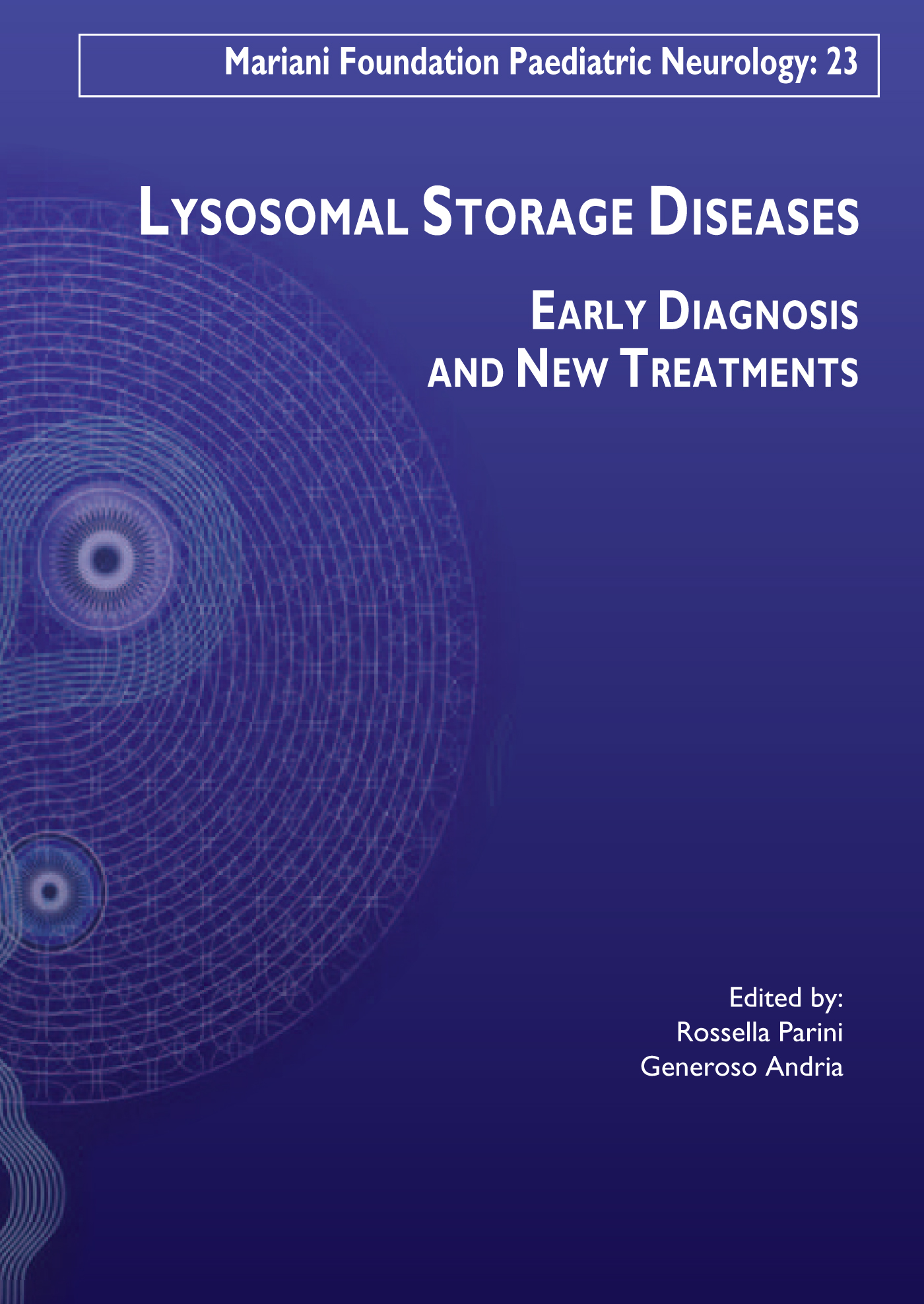(for every order > 35€)
Book written in english
Over the past 15 years, great progress has been made in the research of lysosomal storage diseases. These incurable illnesses have gradually become illnesses for which treatments, or at the very least improvements, have become possible.
In addition to stem cell transfusion, other therapeutic approaches have developed.
The sooner the treatment is administered, the more effective it is. For this reason, it is essential for paediatricians, surgeons and neurologists to identify these illnesses from onset of the first signs and therefore, sound knowledge is important.
The possibility of screening for lysosomal storage diseases during routine neonatal examination is also under consideration.
The aim is also to improve the quality of life of patients via specialised centres in which multidisciplinary therapies may be implemented.
This work presents the latest epidemiological, biochemical, genetic, and pathogenetic knowledge, the clinical aspects of these illnesses and the different therapeutic options.
CONTENTS
-Lysosomal storage disorders: commonalities and differences
-Lysosomal Storage Disorders: epidemiology, biochemistry and genetic aspects. How to read and interpret biochemical and molecular tests
Practical and ethical aspects of lysosomal storage disease screening in Europe
-Pathophysiology of lysosomal storage disorders
-The early signs and symptoms for the diagnosis of mucopolysaccharidoses
Anderson-Fabry disease in children
Clinical Features and Outcome of Epilepsy in Mucopolysaccharidoses
-Psychological assessment and psychological support for patients with the mucopolysaccharidoses
-MPS: radiological findings
-Anaesthesia for children with MPS
-Neurosurgical complications and their management in mucopolysaccharidoses
-Enzyme replacement therapy in lysosomal storage disorders: clinical effects and limitations
-Gaucher disease: clinical follow-up and management with individualized treatment
-Enzyme replacement therapy in glycogenosis type II
Haematopoietic stem cell transplantation for lysosomal storage diseases
-Allogeneic stem cell transplantation for Hurler syndrome: graft outcome and long-term clinical outcomes
-Hematopoietic stem cell gene therapy for metachromatic leukodystrophy
